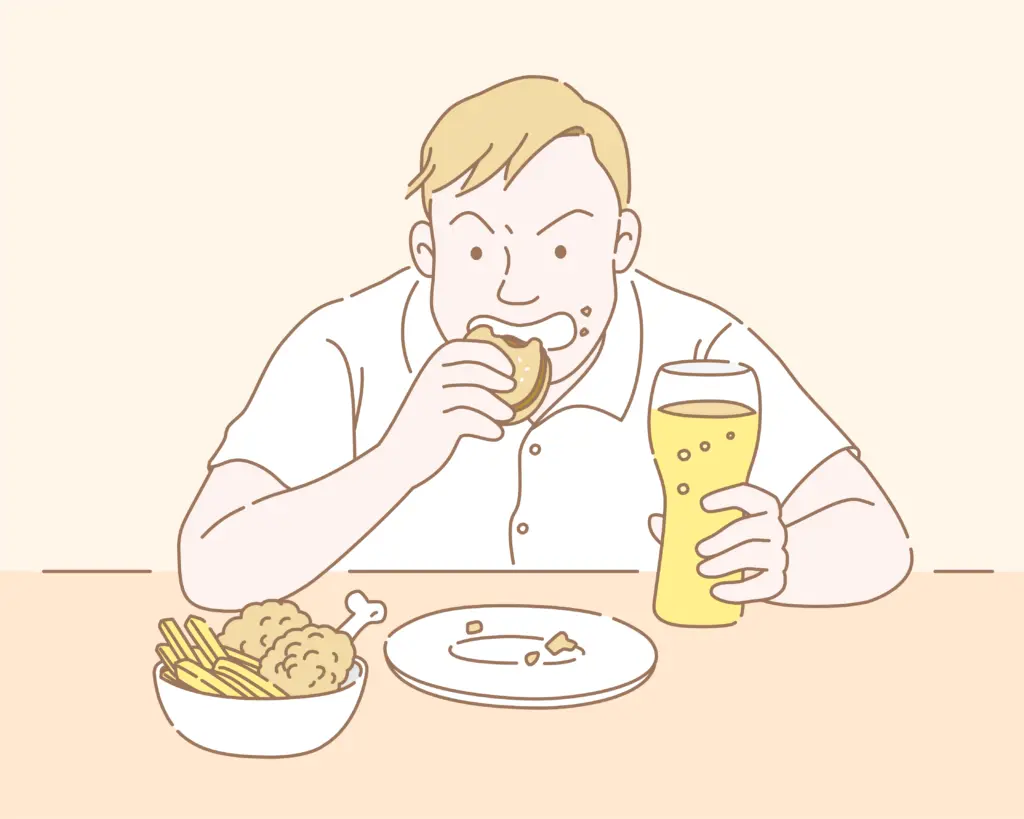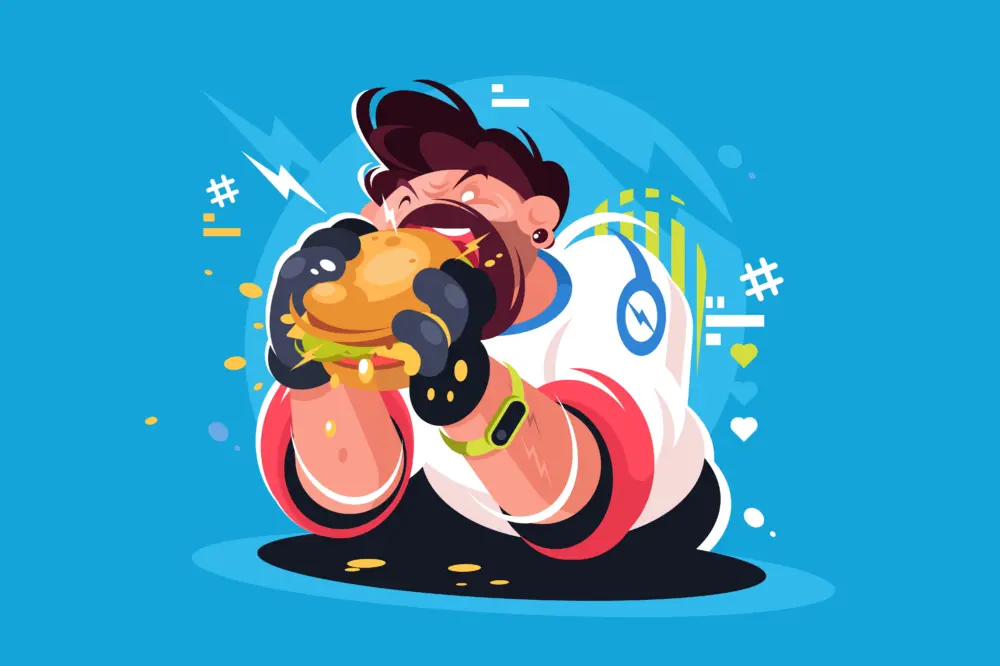Binge Eating Disorder (BED) impacts the lives of millions with its recurrent episodes of excessive food consumption and a profound sense of lost control. In this overview, we delve into the diagnostic criteria and explore the various treatment options, spotlighting the efficacy of Cognitive-Behavioral Therapy (CBT).
Diagnostic Criteria
Binge Eating Disorder is diagnosed based on specific criteria outlined in the DSM-5, including:
- Recurrent episodes of excessive food consumption within a discrete period.
- A sense of lack of control during these episodes.
- Binge eating characteristics, such as rapid eating and eating until uncomfortably full.
- Frequent episodes occurring at least once a week for three months.
- Absence of compensatory behaviors seen in other eating disorders.
- Significant distress and disruption to daily life.

Treatment Options
- Psychotherapy
- Cognitive-Behavioral Therapy (CBT): CBT plays a pivotal role, addressing distorted thought patterns and behaviors associated with binge eating. It helps individuals develop healthier coping mechanisms and explores the emotional roots of their struggles.
- Interpersonal Psychotherapy (IPT): Focused on improving relationships, IPT provides insights into how interpersonal dynamics may contribute to binge eating.
- Dialectical Behavior Therapy (DBT): Combining cognitive-behavioral techniques with mindfulness, DBT helps regulate emotions and manage distress.
- Medication:
- Certain medications, including Selective Serotonin Reuptake Inhibitors (SSRIs) and Vyvanse, may be prescribed to manage symptoms and reduce the frequency of binge eating episodes.
- Nutritional Counseling:
- Registered dietitians guide individuals toward a balanced eating pattern, fostering a healthier relationship with food without resorting to restrictive diets.
- Support Groups:
- Participating in support groups provides a sense of community and understanding, offering individuals a platform to share experiences and strategies.
- Self-Help Strategies:
- Encouraging self-help strategies, such as keeping a food diary, practicing mindful eating, and identifying triggers, empowers individuals to actively manage symptoms.
Conclusion
Recognition, diagnosis, and treatment of Binge Eating Disorder demand a holistic approach. While the diagnostic criteria offer a framework for identification, the varied treatment options, including the effectiveness of Cognitive-Behavioral Therapy, emphasize the importance of tailored interventions. By addressing the physical, emotional, and social aspects of BED, individuals can embark on a path toward recovery and improved well-being. Seeking professional help remains crucial for a comprehensive assessment and the development of an individualized treatment plan.
Ready to begin? Start your online therapy journey today. Book your first session now.




